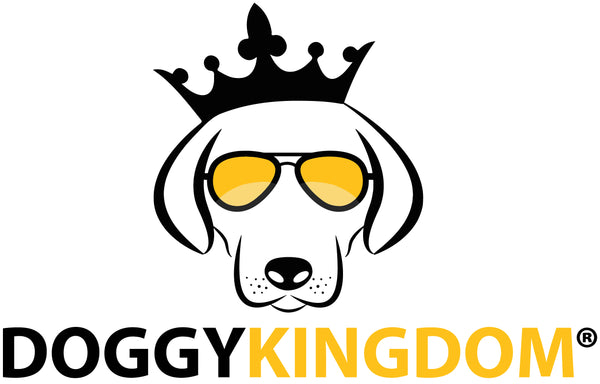Vitamins Your Dog Needs
Share
Do you take a daily vitamin? You might be surprised to learn that your dog also needs vitamins. In this article, we will explore which vitamins your dog needs.
Every living organism on Earth needs vitamins to sustain life. Most canines receive their vitamins naturally in food. The dog’s body then uses the vitamins for maintenance, cell regeneration, and growth.
Your dog should have the following vitamins:
- Vitamin A
- B vitamins
- Vitamin C
- Vitamin D
- Vitamin E
- Vitamin K
- Choline
Vitamin A
Vitamin A is found in abundance in carrots. It is a fat-soluble vitamin that the dog’s body uses for immune function, cell regeneration, growth, and fetal development. It is also an ideal supplement to help improve your dog’s eyesight.
B Vitamins
- B vitamins are a group of vitamins that all play crucial roles in your dog’s body.
- Thiamine regulates your dog’s ability to metabolize carbohydrates, energy production, and neural tissue development.
- Riboflavin, niacin, and B12 are all used for the proper function of enzymes.
- Vitamin B6 helps the body make glucose, promotes the function of the nervous system, regulates hormones, and assists with red blood cell production.
- Folic acid is used for mitochondrial protein synthesis
- Pantothenic acid helps with energy metabolism.
- Folic acid plays a role in amino acid and nucleotide metabolism and in mitochondrial protein synthesis.
Vitamin C
Vitamin C acts as a powerful antioxidant that removes free radicals from the body, prevents cognitive aging, and reduces inflammation. A canine can synthesize vitamin C in their livers, but supplementation can benefit the dog’s overall health and immune function.
Vitamin D
Vitamin D is gathered from the sun and is also found in foods or supplements. It helps the body balance minerals and assists in the use of bone growth.
Vitamin E
Vitamin E helps the dog's body fight against oxidative damage. It is a fat-soluble vitamin that helps in fat metabolism and cellular function. It also helps in muscle and eye health.
Vitamin K
A fat-soluble vitamin, it assists the dog’s body in clotting.
Choline
Choline is a vital component in the cells of the dog’s body. It helps with liver and brain function. On occasion, choline is also used to treat epilepsy.
Does Your Dog Need Vitamin Supplements
As mentioned, your dog gets his vitamins from his food. If you feed a commercial dog food that labels itself as complete and balanced then it should contain all your dog’s minerals, vitamins, and nutrients.
If you feed your dog a homemade or raw food diet, then your pup will benefit from the addition of vitamins in his diet. You should discuss your dog’s dietary and vitamin needs with your veterinarian to determine if you should give Fido a daily vitamin.
If you decide to give your dog a daily vitamin, then you should pick a brand formulated specifically for canines. Also, follow the dosage instructions and the label, and never give your dog too many vitamins. Vitamins given in excess can cause problems such as joint pain, blood problems, and dehydration.



